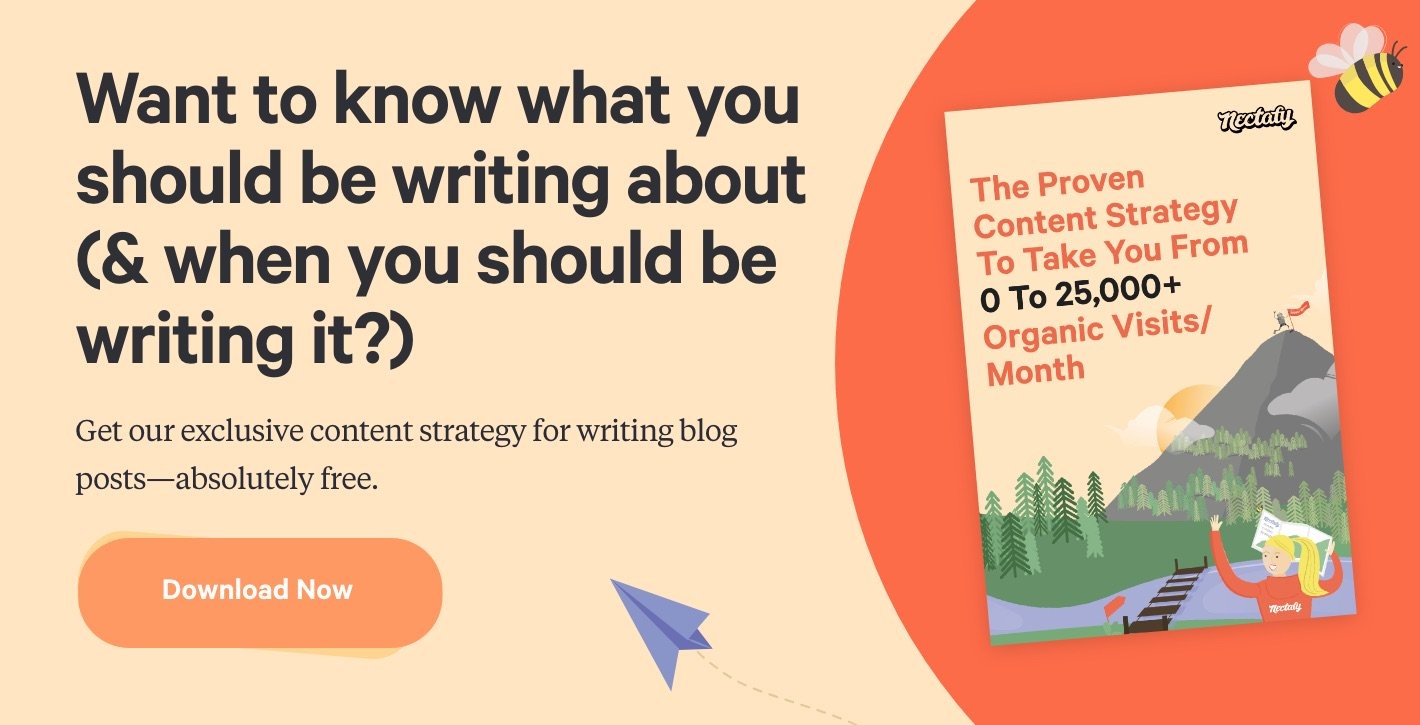Is Google Trying To Kill AI-Generated Content?



Is Google trying to kill AI-generated content?
Yes.
(Oh were you hoping for more explanation? A robot told me to write that. I, human, will write the rest.)
Google, the hypocrite
Google has found itself in a “do as I say but not as I do” situation. “Rules for thee but not for me.”
On one hand, Google declares it does not want articles written by artificial intelligence (AI) to rank in its search results.
- Google says AI content = spam: “Google’s Search Advocate John Mueller says content automatically generated with AI writing tools is considered spam, according to the search engine’s webmaster guidelines.” Mueller goes on to say that “content written by AI… could lead to a manual penalty.” (Search Engine Journal, July 2022)
- Google says writing by humans = good: Danny Sullivan titled his announcement about Google’s “helpful content update” as: “More content by people, for people in Search.” (Google, August 2022)
But on the other hand, hello! Google = AI.
90% of Google’s revenue comes from advertising, which is run by—you guessed it—AI algorithms.
- Google is allowed to have its machines serve up search results automatically.
- Google is allowed to have its machines show ads that are relevant to you.
- Google is allowed to have its machines recommend the next video in YouTube.
But you, minion, must write by hand.
Let me get back on track: The point of this section is not to simply call out Google’s hypocrisy, although that is fun. It makes me wonder…
Google knows it has powerful algorithms that can do something better than humans. It must know other companies have powerful algorithms, too. It begs the question…
Can Google actually tell the difference between human writing and AI?
Let’s take another quick detour.
Prior to 2009, the Federal Reserve (the central bank for the United States) never granted interviews. That’s because they recognized a certain reality: When the Fed spoke, it moved markets. So the Fed chair simply decided not to speak. They preferred to turn the dials of the economy quietly behind the scenes.
But after the Great Financial Crisis that started in 2008, the Fed needed more tools to calm the public and save the economy. They decided that speaking to the public could be a tool in and of itself. If the Fed chair declared on 60 Minutes that “there is no run on banks,” then there would be no run on banks. Or they could say, “We’re not worried about inflation,” so people wouldn't worry about inflation. It was a speak-it-into-existence sort of thing.
In other words:
We (as the Fed) can’t actually fix this, so we’ll tell everyone we fixed it, and hope that fixes it.
Now back to Google.
Google is to search as the Fed is to the economy. Both have a monopoly over their industry and both prefer to quietly turn dials behind the scenes.
Google is famously coy when it comes to updating their algorithm. Most Google updates aren’t accompanied by any official statements. Sometimes all you’ll get is a generic acknowledgement of a big algorithm update with no specifics.
That is… until “the helpful content update” of August 2022. This time, it seems like Google wants the press.
Has Google made the same change to its policies in 2022 that the Federal Reserve did in 2009? To me, it sounds like Google wants to speak AI content out of existence because they can’t do it with their algorithms. Oh the irony.
In Google’s announcement titled “More content by people, for people, in search” Google insinuates it will make an algorithm update to remove content written by robots. But when you read the text, you’ll see a different story.
Here are some excerpts from the announcement:
- “Last year, we launched thousands of updates to Search based on hundreds of thousands of quality tests, including evaluations where we gather feedback from human reviewers.”
- “This ranking update will help make sure that unoriginal, low-quality content doesn’t rank highly in Search.”
- “Our testing has found it will especially improve results related to online education, as well as arts and entertainment, shopping, and tech-related content.”
- “Be sure you've removed unhelpful content [from your site].” (Google Search Central Blog)
OK, let’s get this straight:
Google had humans review search results (not the algorithm); then they said they’ll target low-quality content (not AI content); then they reiterated that the so-called “testing” (by humans) will improve search results; then they said to remove unhelpful content.
Google has no idea which is AI content and which is human content. They are trying to speak AI content into oblivion, because they can’t automate it away.
We (Google) can’t actually fix this AI content issue, so we’ll tell everyone we fixed it, and hope that fixes it.
How much could your company grow with growth content?
Calculate your expected growth in organic visits based on the average Nectafy client.
Get all these numbers in your inbox.
So Google wants to kill AI-generated content even though they can’t. How does that affect you?
This August 2022 Google update is just a reiteration of Google’s stance all along—they simply want to serve up the most useful results to searchers. This is nothing new.
The only part that has changed is that Google wants you to think it’s killing AI content. But don’t worry, Google’s AI has no idea about your AI.
Here’s what Google is really going after:
- They don’t want to surface regurgitated content (in my experience, that’s what AI content tools produce as of right now).
- They don’t want novices covering a topic they know nothing about just to show up in search results.
- They don’t want to show articles with no original thought.
Run through this checklist created by Aleyda Solis to make sure you have a content process built for helpfulness and usefulness.
Here’s what I recommend:
- Stop sending off writers with no expertise to write about a topic without help.
- Stop adding fluff words to articles to hit a certain word count.
- Write about things you have experience with.
- Think first, then write. Provide original thought in your writing.
- Write like a human. (Just in case.)
At Nectafy, we pair our skilled writers with our clients’ knowledgeable subject matter experts. That sounds so simple. But it positions us to write quality content like humans, by humans, with original thought and experience. It sounds like that’s what Google wants more of in their search results.
But if I’m wrong and the Google update crushes us, I’ll just have a robot rewrite this and see what happens.

